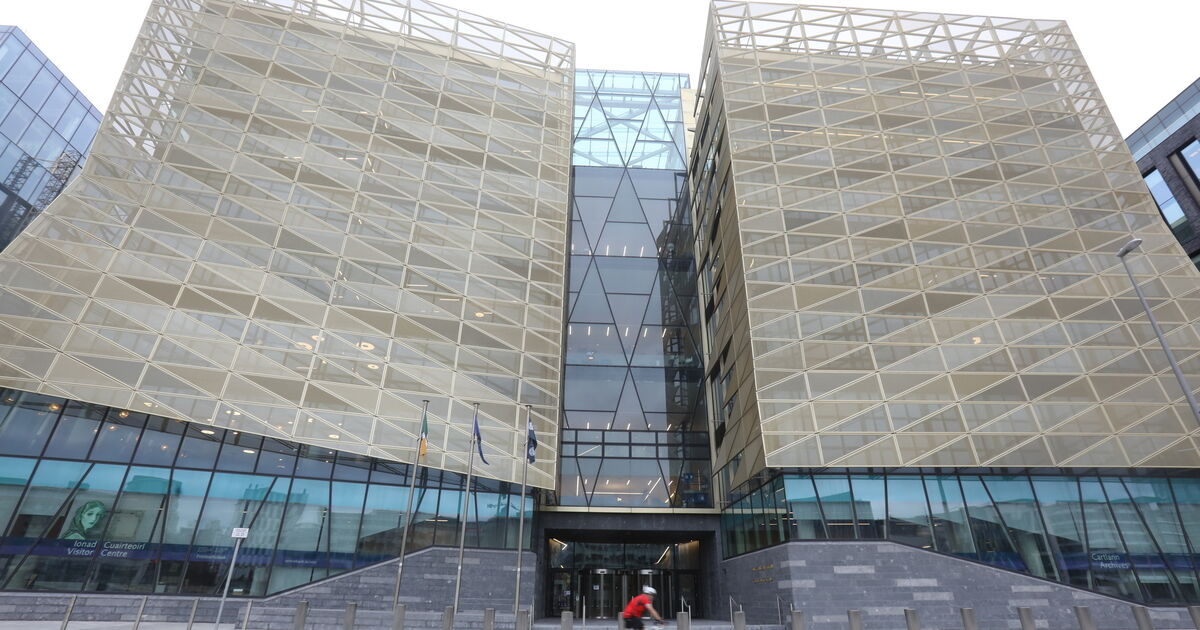Additional Government spending to the levels proposed in the upcoming budget is “unnecessary” and “too much” for the position the economy is currently in, officials in the Central Bank of Ireland have warned.
This comes as the Central Bank published its latest quarterly economic bulletin which shows that despite the impact of US tariffs on exports, the domestic economy is expected to grow more than expected this year.
Modified domestic demand (MDD) — the preferred measure of the Irish economy that strips out activity of multinationals and airplane leasing companies — is expected to grow by 2.9% this year.
In its previous bulletin, the Central Bank said it would only grow by 2%.
However, this is expected to slow an average of 2.3% over the course of next year and 2027.
On October 7, the Government will unveil its budget for next year with finance minister Paschal Donohoe and public expenditure minister Jack Chambers already outlining a pack of €9.4bn of which €7.9bn will go towards current and capital spending while €1.5bn will go towards tax measures.
Central Bank director of economics and statistics Robert Kelly said they believe that this level of spending is “too much” for “where we are currently in the economy in terms of the cyclical position”.
He said they do agree with the level of capital spending but that this should be offset by either reducing current spending increases or by broadening the tax base and revenue raising measures.
“It is very large for where we are at this point in the economy, and potentially constrains what we’d be able to do in the future in terms of a kind of counter cyclical measures.”
Mr Kelly added that they want to avoid a situation where large spending cuts would be required if risks to revenue materialise.
Central Bank head of the Irish economic analysis division Martin O’Brien, said the level of additional spending is “unnecessary”.
“The economy overall doesn’t need that level of fiscal support,” he said.
“With the economy growing in the region of 2% to 2.5%, it doesn’t need additional fiscal stimulus of that nature.”
The Central Bank said that the Government’s underlying budget deficit, which excludes estimated excess corporation tax receipts, is now projected to be larger out to 2027 reflecting additional expenditure measures announced by the Government.
In its bulletin, the Central Bank said that inflation is expected to remain contained at 1.8% this year and 1.4% next year with food price inflation expected to moderate.
Consumer spending is expected to grow by 2% a year on average out to 2027 while real disposable income is expected to rise over the next few years amid a stable labour market.
Employment growth is expected to slow to just under 2%, a marginal rise in the unemployment rate is anticipated from its current levels of around 4.5%, yet still remaining below 5 per cent.
On the economic outlook, Mr Kelly said that it is “not as favourable” as it would have been if the US had not imposed tariffs but the rates covering EU-US trade are “lower than had been expected earlier in the year”.
The bulletin estimates the economy will be 1% smaller over the medium term than it would have been without the tariffs.

